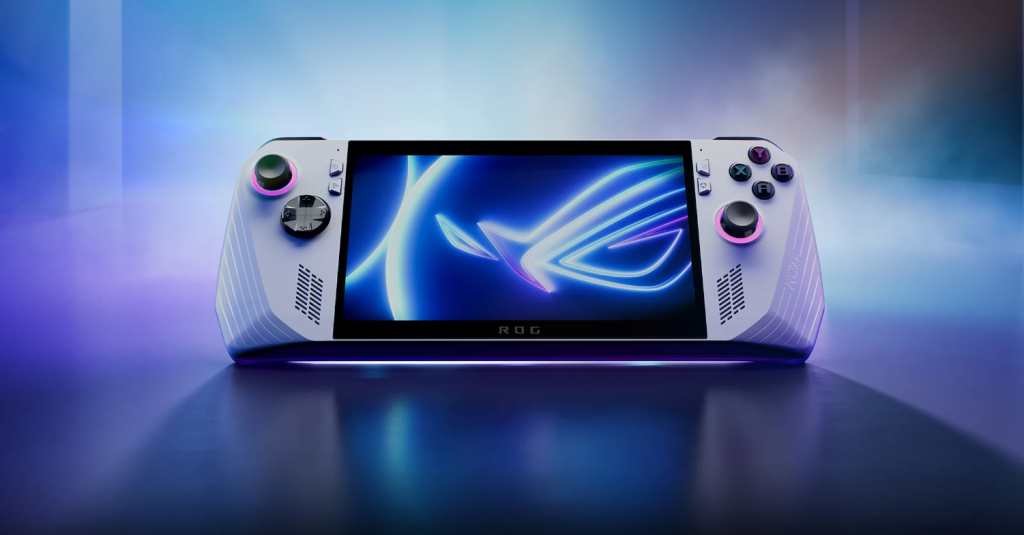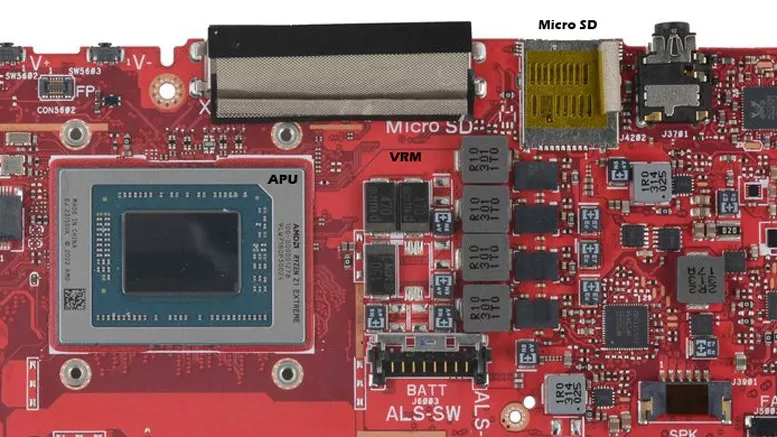Asus has entered the handheld gaming console market with its new device, the Asus ROG Ally, aiming to compete with Valve’s Steam Deck. While the console offers impressive performance, it appears that Asus made a design mistake, resulting in numerous reports of the MicroSD cards getting damaged or rendered unusable by the device.

According to a TomsHardware report, the ROG Ally’s microSD card reader area of the ROG Ally’s PCB is getting hot enough to damage microSD cards designed to withstand temperatures of up to 185ºF (85ºC). So what’s the root cause of this? YouTuber CPPC TEK has answered this question pointing to the fact that the MicroSD card reader is positioned too close to the power delivery VRMs, which feed the AMD APU.

An Asus exec has also confirmed the issue, with a post revealing the official statement of the company on the matter. It reads ” We want to thank the community for the passionate response we’ve received for the ROG Ally. Your support has been both immense and invaluable, so we’ve been hard at work to improve a number of things. After confirmation from internal testing, under certain thermal stress conditions, the SD card reader may malfunction. To alleviate the issue, we will be releasing an update that further fine-tunes the default and minimum fan speeds on the device to improve reliability while keeping fan noise in check, as we know this is a concern for many of you. If you are currently experiencing issues with your SD card reader, please contact cl- [email protected] (US) or contact customer service for your region to RMA your unit, which we will inspect for any issues and repair.”
In simpler words, Asus is pushing an update that increases the default fan speeds of the console to help keep the SD card reader from overheating. As a consequence, users can expect the fan noise of the console to increase. That being said, users whose consoles have already been damaged won’t benefit from this update as the brand has asked them to send in their consoles in for RMA.
RELATED:
- Asus ROG Ally Indian sale is live: Check out pricing & launch offers
- AYA NEO Air 1S gaming handheld with an AMD Ryzen 7 SoC, 5.5-in OLED screen launched on Indiegogo
- GPD Win 4 2023 Handheld gaming console pricing and specs revealed ahead of July 17 launch
(via: TomsHardware)







